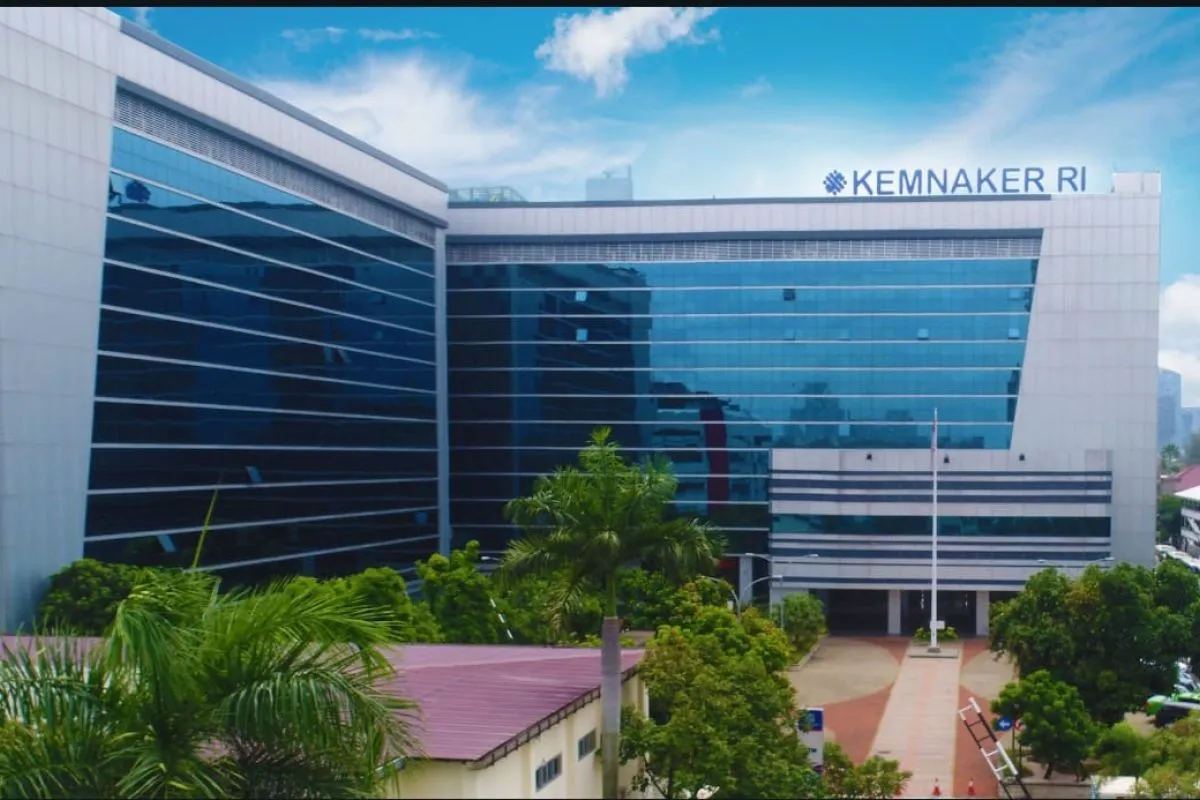The Ministry of Manpower (Kemnaker) has uncovered a case involving six foreign nationals who were serving as directors and commissioners at PT WG without the required Foreign Worker Utilization Plan (RPTKA). The finding followed an inspection by labor inspectors from the ministry together with the North Sumatra supervisory team between September 15–18, 2025.
According to Rinaldi Umar, Director of Labor Norms Supervision at the ministry, PT WG admitted that the six foreign executives did not reside in Indonesia. The company argued that since they were based overseas, they did not need to obtain RPTKA approval.
“The company claimed that since the individuals were not in Indonesia, they did not require validated RPTKA documents,” Rinaldi said in a press release (09/25/2025), as quoted by Bisnis.
Clear Legal Requirements
Government Regulation No. 34 of 2021 and Minister of Manpower Regulation No. 8 of 2021 stipulate that only certain foreign executives may be exempted from obtaining an RPTKA. This exemption applies solely to directors and commissioners who also hold shares worth more than USD 645,000.
If foreign executives hold shares below that threshold—or no shares at all—approval of an RPTKA is still mandatory. In addition, such individuals must be registered in the Indonesian Social Security for Employment (BPJS Ketenagakerjaan) and the National Health Insurance Program (BPJS Kesehatan).
Rinaldi emphasized that the law does not allow exceptions for directors or commissioners residing abroad. “The rules do not exclude foreign directors or commissioners living outside Indonesia,” he said.
Next Steps and Administrative Sanctions
The Ministry of Manpower will issue an official instruction letter requiring PT WG to immediately process RPTKA documents for the six executives. Authorities are also considering administrative sanctions, including financial penalties, which are currently being calculated.
Rinaldi noted that PT WG, a multinational agribusiness group, may not be the only company involved in such practices. Similar violations could exist elsewhere, making this directive applicable industry-wide.
“Do not wait for labor inspectors to find these violations. Companies should immediately process their RPTKA documents,” he urged.
The ministry stressed that companies failing to comply with RPTKA requirements not only violate Indonesian labor laws but also deprive the state of potential non-tax revenue. Employers hiring foreign workers are required to pay into the Compensation Fund for Hiring Foreign Workers (DPTKA).
Failure to comply, Rinaldi warned, also undermines the government’s broader efforts to strengthen Indonesia’s national social security system.
“A company’s failure to complete these documents eliminates non-tax state revenue from DPTKA payments and hinders the growth of the social security system that the government is building,” he said.
Coordinated Enforcement Efforts
The Ministry of Manpower has pledged to coordinate with other ministries and government agencies to ensure companies hiring foreign workers comply with Indonesian regulations. The ministry emphasized that enforcement is necessary not only to protect the workforce but also to ensure a fair business environment.
The case at PT WG highlights the government’s increasing scrutiny of foreign employment practices in Indonesia. By strictly enforcing RPTKA rules, authorities aim to safeguard national interests while still enabling foreign investment under a framework of compliance and accountability.
Source: Bisnis, MSN, Disnaker Palangkaraya
Photo Credit: ANTARA/HO-Kemnaker RI


